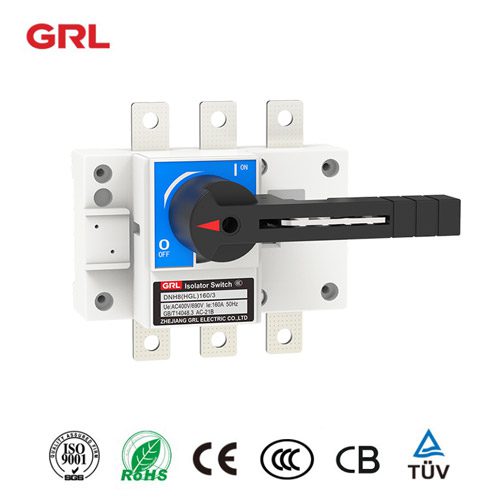
# Transfer Load Disconnector: Ensuring Safe and Efficient Power Transfers
## What is a Transfer Load Disconnector?
A transfer load disconnector is a critical electrical component designed to safely transfer electrical loads between power sources. These devices play a vital role in maintaining continuous power supply while ensuring the safety of both equipment and personnel during transfer operations.
## Key Features of Transfer Load Disconnectors
Keyword: transfer load disconnector
Modern transfer load disconnectors incorporate several important features:
– Dual power source compatibility
– Mechanical interlocking mechanisms
– Visual position indicators
– Quick-make/quick-break switching
– Arc suppression technology
## Applications in Various Industries
Transfer load disconnectors find applications across multiple sectors:
### Industrial Facilities
Manufacturing plants use these devices to switch between primary and backup power sources without interrupting critical processes.
### Commercial Buildings
Office complexes and shopping centers rely on transfer load disconnectors to maintain operations during power outages.
### Healthcare Institutions
Hospitals require seamless power transfers to ensure life-saving equipment remains operational at all times.
## Benefits of Using Transfer Load Disconnectors
Implementing transfer load disconnectors offers numerous advantages:
– Improved system reliability
– Reduced downtime during power transitions
– Enhanced safety for maintenance personnel
– Compliance with electrical safety standards
– Protection of sensitive equipment from power fluctuations
## Selection Criteria for Transfer Load Disconnectors
When choosing a transfer load disconnector, consider these factors:
– Current and voltage ratings
– Number of poles required
– Switching speed
– Environmental conditions
– Compliance with industry standards (IEC, UL, etc.)
## Maintenance and Safety Considerations
Proper maintenance ensures optimal performance:
– Regular inspection of contacts and mechanisms
– Verification of mechanical interlocks
– Testing of switching operations
– Cleaning of components as needed
– Documentation of all maintenance activities
## Future Trends in Transfer Load Technology
The transfer load disconnector market continues to evolve with:
– Smart monitoring capabilities
– Integration with building management systems
– Remote operation features
– Improved materials for longer service life
– Enhanced safety features
Transfer load disconnectors remain essential components in modern electrical systems, providing reliable and safe power transfer solutions across various applications. As technology advances, these devices continue to improve in functionality, safety, and integration capabilities.

